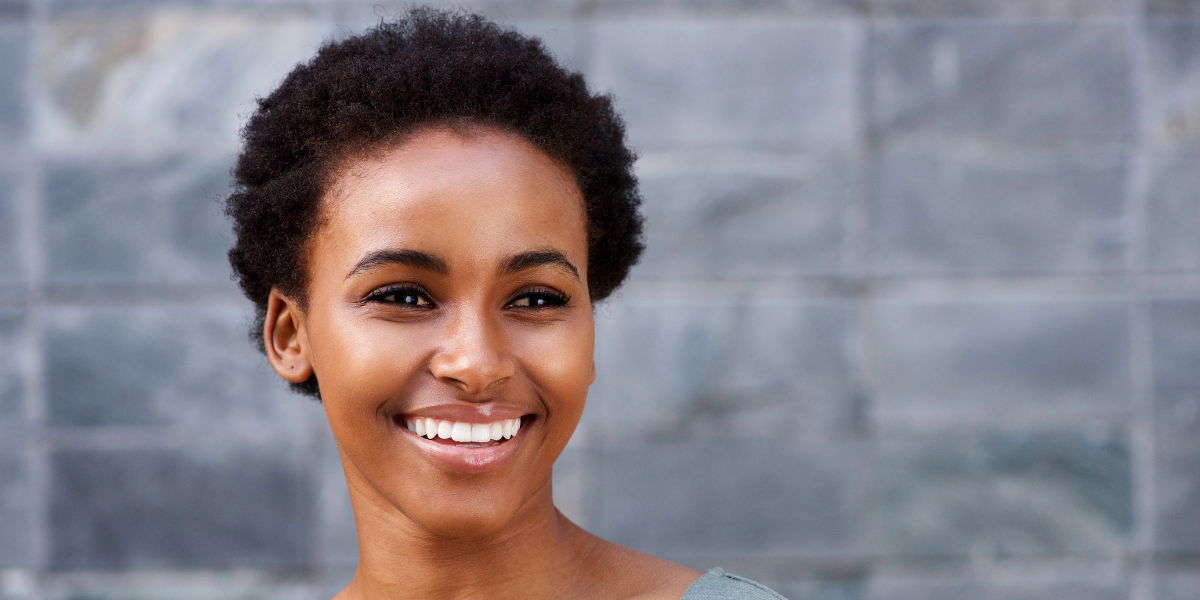Being Black, Female and a Founder

Black Female Founder
Based on estimates by the UK government, UK Black female-owned enterprises account for 0.63% of all micro, small and medium enterprises, while Black female adults make up 1.56% of the total UK population.
The number of black female founders is increasing in the UK but only 0.5% of start-ups with European black founders, yet alone black female founders, receive venture capital investment.
The Experience of being a Black Female Founder
Being the only black woman in a room can result in increased feelings of vulnerability. You might feel like you need to prove yourself over others, or that you will be judged.
There are certain misperceptions about black women in the workplace. You might be seen as too aggressive, too direct, or not to be trusted.
These perceptions all contribute to the misogynoir that black women face and that many black female founders must overcome.
In order to challenge these stereotypes associated with black women, you have to get people to trust you and trust that you are going to provide a good product or service.
A challenge for many black women is that they do not have the representation of other inspiring people that look like them in prominent positions.
This lack of role models can impact your mindset and what you believe is attainable in your own career as you can see society puts you at a disadvantage over the majority.
Black Mediocrity is Not Tolerated
If you’re mediocre, you do not get into spaces and if you are selected then you often do not get to stay for long. It is sad that as a black person you cannot just show up, be yourself and do your best.
As a result of this expectation, you will likely feel that you need to consistently perform at a very high standard. Yet black women are also human beings, who are entitled to not be perfect, to feel vulnerable and put up boundaries when they want to.
Are the Labels ‘Black Female’ Beneficial or a Hinderance?
Some people view being labelled as ‘black’ and ‘female’ as taking away from your achievements. These labels can be challenging and problematic when used to suggest that an individual only reached a successful milestone for their labels.
This argument applies to those who criticise diversity quotas for implying that an individual only received a certain
position because of their diverse background.
The reality is that there are a lot of inequalities that we need to overcome and that do hold black people back. These labels can therefore be seen as boxing certain communities off from the majority instead of helping them reach greater equality.
On the other hand, given what it takes for women, especially black women, to succeed in business spaces which are typically dominated by white men, there is a backstory to their success that is completely different to someone who is not female or black.
Some people, therefore take pride in their labels and do not mind being labelled as ‘black’ or ‘female’ when referring to their achievements.
Whether you agree with the use of labels or not, it’s important that you decide what labels work for yourself. It is not a place for others to tell you who you are or who you are not.
4 Tips For Black Female Founders
- Connecting with like-minded people can be both helpful and empowering! Networks that support black females can provide spaces for those who are also looking to network and deliver support that is tailored for the needs of black women
- Accept that your path won’t be the same as anyone else’s. Everyone has a different story and different background. There isn’t a monolithic story to success, and it is okay if your path looks different
- Take pride in your black excellence! Acknowledge all your achievements throughout your career and take time to celebrate the little wins too
- Let labels describe you but not define you. If you prefer to acknowledge labels then give them meanings that empower you, inspire you and push you forwards rather than hold you back. This will give you a victory mindset rather than victim mindset.
Kindship is a Safe Space for Diverse Women. The first Friday of each month to explore the intersectionality of Race & mental health. If you would like to attend. Please register here
